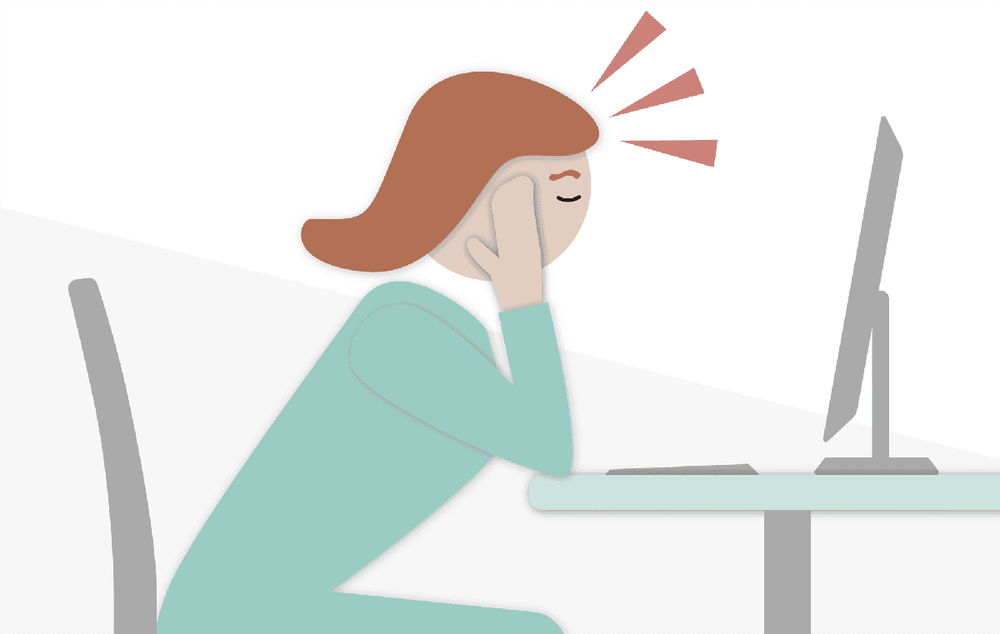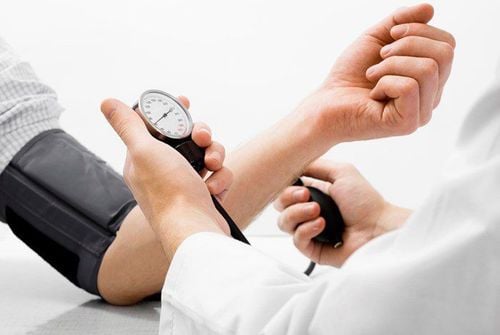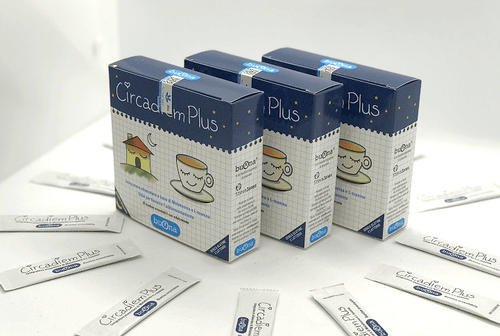This is an automatically translated article.
The link between excessive stress and high blood pressure is still being studied and there is no definitive answer. However, long-term excessive stress makes the body work at high intensity will negatively affect the blood pressure level of the body.
1. How does excessive stress affect human health?
Stress is a natural physical and mental response to difficult life experiences. However, if stress is too high and constantly flares up, it can be harmful to health. Prolonged excessive stress becoming chronic can cause various symptoms such as irritability, anxiety, depression, headaches, insomnia,...
These effects of excessive stress affect Affects various aspects of the human body, including:
Central nervous and endocrine system: Excessive stress affects the nervous system, stimulating the adrenal glands to release hormones including adrenaline and cortisol, This hormone increases heart rate. Long-term excessive stress is also a factor in behaviors such as overeating, abusing alcohol or drugs, or living aloof from society and people around. Respiratory and cardiovascular system: When under extreme stress, the heart also beats faster, causing blood vessels to constrict and increase blood pressure. Excessive stress, if done regularly, causes the heart to work too hard for a long time, increasing the risk of stroke or heart attack. Digestive system: Excessive stress stimulates the production of glucose in the liver, to give you energy. Therefore, prolonged exposure to excessive stress raises blood sugar, which may increase the risk of developing type 2 diabetes. Muscular System: The natural response to extreme stress is to stretch the muscles to increase the body's defenses, but if the body is constantly under stress, the muscles may not relax, causing headaches. , back pain and shoulder pain, body aches. Sex and Reproductive System: Constantly excessive stress causes both physical and mental fatigue, reducing libido. If excessive stress continues for a long time, a man's testosterone levels can start to drop, hindering sperm production and possibly causing erectile dysfunction or even impotence. For women, excessive stress can affect the menstrual cycle, leading to irregular periods, a period that occurs with more uncomfortable symptoms. Immune system: The hormones released by excessive stress weaken your immune system and reduce your body's response to harmful factors. People who have been under excessive stress for a long time are more susceptible to viral illnesses such as the flu or the common cold and other infections. Excessive stress can also delay the body's recovery from illness or injury.

Sự căng thẳng quá mức ảnh hưởng đến nhiều mặt khác nhau của con người
2. Is high blood pressure due to stress true?
In addition to feeling uncomfortable in the face of overly stressful situations, our bodies respond by releasing the “stress” hormones adrenaline and cortisol into the bloodstream. These “stress” hormones cause the body to give one of two “fight” or “flight” responses to extreme stress by making the heart beat faster and constrict the blood vessels in the body. .
Blood vessel constriction and increased heart rate lead to a rapid rise in blood pressure, but only temporarily because when the excessive stress response wears off, blood pressure returns to the normal level it was before the excessive stress took place. . This rapid, temporary increase in blood pressure during extreme stress is called stress-induced hypertension.
The link between excessive stress and high blood pressure is still being studied and there is no definitive answer. However, chronic excessive stress that keeps our bodies working at high intensity for days or weeks has shown negative effects on the body's blood pressure levels.
In addition to excessive stress, there are many factors that negatively affect rapid hypertension as follows:
Smoking ; Drinking too much alcohol; Eating unhealthy foods; Heart disease; Loneliness.

Sự co thắt mạch máu và tăng nhịp tim dẫn đến tăng huyết áp nhanh
3. How to avoid excessive stress to prevent high blood pressure?
Excessive stress reduction may not directly lower blood pressure in the long run. However, managing stress can help improve health, regulating blood pressure indirectly through various activities. For example, doing healthy activities like exercising three to five times a week for 30 minutes each can reduce stress levels, making a lasting difference in lowering blood pressure.
Here are some suggestions to help reduce excess stress that can be applied:
Simplify your life, think by changing your perspective when facing problems. Focus on finding solutions instead of complaining. Be open and willing to experiment, enjoy life. Practice breathing deeply and slowly to relax. Try yoga and meditation to boost your health and relax your body and mind. These techniques have also been shown to be able to lower your systolic blood pressure by 5 mm of mercury (mmHg) or more. Sleeping a lot because good sleep will help the body relax, sleeping too little makes the body not rested, which is also uncomfortable, causing excessive stress. In summary, excessive stress and high blood pressure are two common problems today. Excessive stress causes many effects on the mind and body of the person, negatively affecting the blood pressure level of the body.
Please dial HOTLINE for more information or register for an appointment HERE. Download MyVinmec app to make appointments faster and to manage your bookings easily.
References: mayoclinic.org, heart.org, drugs.com, health.harvard.edu












